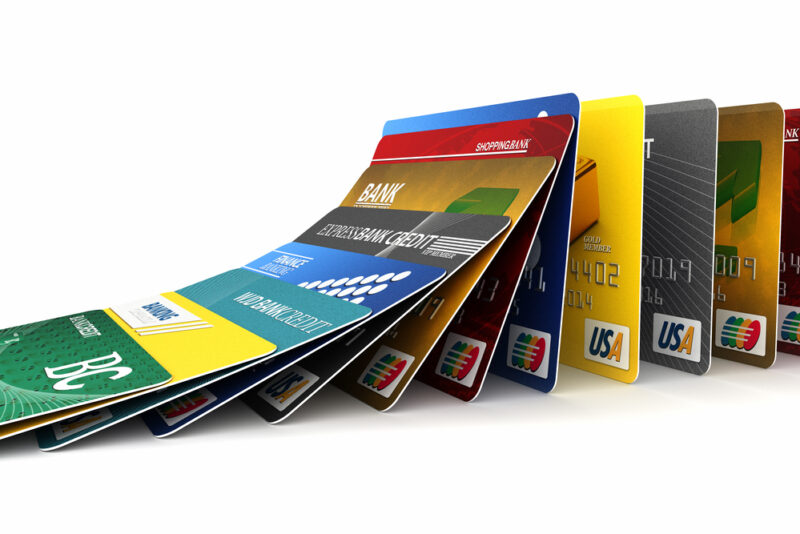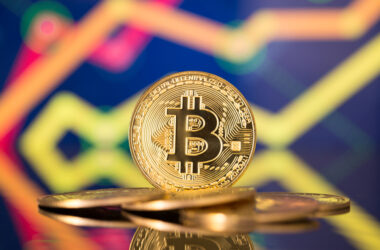Is cash still king? It may be for the moment, but cash is facing a serious threat as the world marches towards the day when it becomes cashless. There is little doubt that current trends suggest that digital money will soon take the place of fiat currency. Many countries, one being Sweden, are making active efforts to take cash out of circulation.
Sweden is a pioneer in the rapidly growing cashless society. Buses in the country have not accepted cash for years, and over half of the bank branches in Sweden no longer accept cash deposits.
Although Sweden is well out in front, cashless payments are not limited to the country. Middle Eastern countries and developing countries in Asia and Latin-America are well out in front of more stable environments, including the Eurozone and North America.
This trend seems to indicate that the world is rapidly becoming a cashless society. Although this may very well be the case, there are still many questions being asked, one of which is, “What exactly is a cashless society?” Other pertinent questions include, what are the types of payments and what are the benefits?
What is a Cashless Society?
In simple terms, a cashless society is one where all financial transactions are consummated through the transferring of digital data, rather than the use of physical currency, be it notes or coins.
Cashless societies are certainly not new. They have existed since the dawn of time. Over the years many exchange methods have been prominent, chief amongst them, the barter system.
Today, cashless payments are consummated through the use of vehicles such as debit and credit cards, mobile wallet applications. POS (point of sale), mobile, and internet banking.
Types of Cashless Payments
Bank Cards: Debit and credit cards issued by a bank are without a doubt the most popular form of cashless payment. Bank-issued cards come with several benefits, including secured payments.
Perhaps the biggest advantage of a bank-issued credit card is that it can be used for making other forms of digital payment. The named individual can store the card data in a mobile wallet or a digital payment app which can be used to make cashless payments or purchases.
Mobile Wallet Applications: Cashless payment is rapidly gaining traction. It is fast, secure, and convenient. Using a mobile phone, a user can easily send, receive, and store money.
The user can link a mobile wallet directly to his or her bank account, making it easy to add or store money. In the same vein, a user can send money to anyone simply by entering a phone number, an email account, or by scanning a QR code.
Using a mobile wallet, an individual can make payments to merchants and pay utility bills directly from the app.
Contactless Payments: Making a contactless payment is convenient, and secure. When making a purchase, the card owner only has to tap the card near a POS terminal. The card can be for debit or credit, or if chip embedded, it can act as a smart card based on RFID or NFC technology.
Contactless payments require no signature or PIN. Payments can be made via NFC (near field communication) enabled smartphones that are linked directly to a mobile wallet. To make a purchase, the user only has to keep the NFC-enabled phone close to the reader.
Contactless payments are a popular and convenient way to pay tolls and parking fees.
The primary benefits of cashless transactions are reduced risk and reduced costs. Cashless transactions eliminate the threat of theft, robbery, or counterfeit money. The system reduces the cost of operations and the cost associated with security.
WeInvests is a financial portal-based research agency. We do our utmost best to offer reliable and unbiased information about crypto, finance, trading and stocks. However, we do not offer financial advice and users should always carry out their own research.
Read More













